Summaries of books about Science & Math:
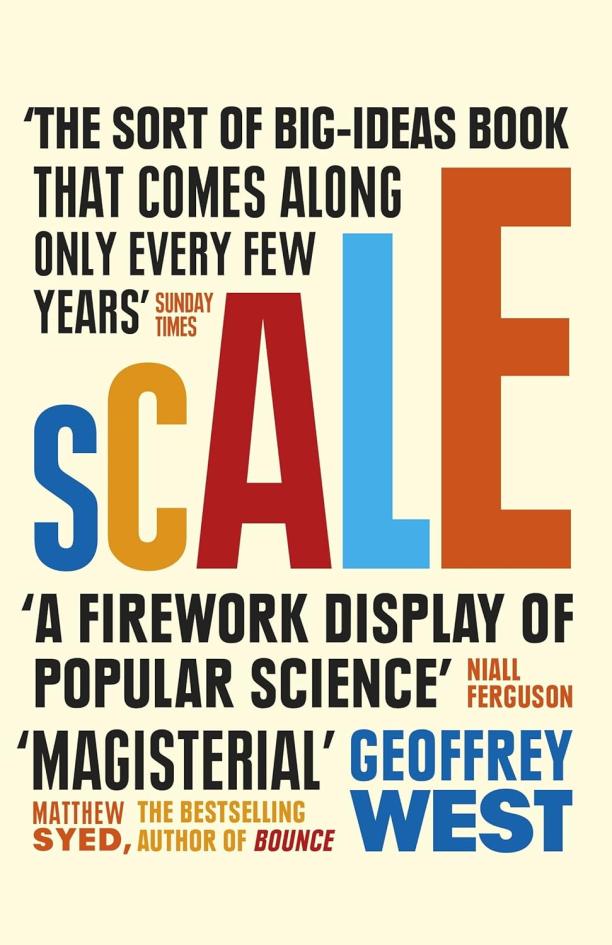
Scale
The Universal Laws of Life and Death in Organisms, Cities and Companies
Geoffrey West
The book explores the concept of scale and how power-law scaling phenomena govern the structural and dynamic patterns in biological systems, urban environments, and business organizations. It delves into the mathematical principles and underlying mechanisms that explain why these systems grow, sustain, and eventually collapse, drawing parallels across different levels of complexity in nature and society.
See full summary
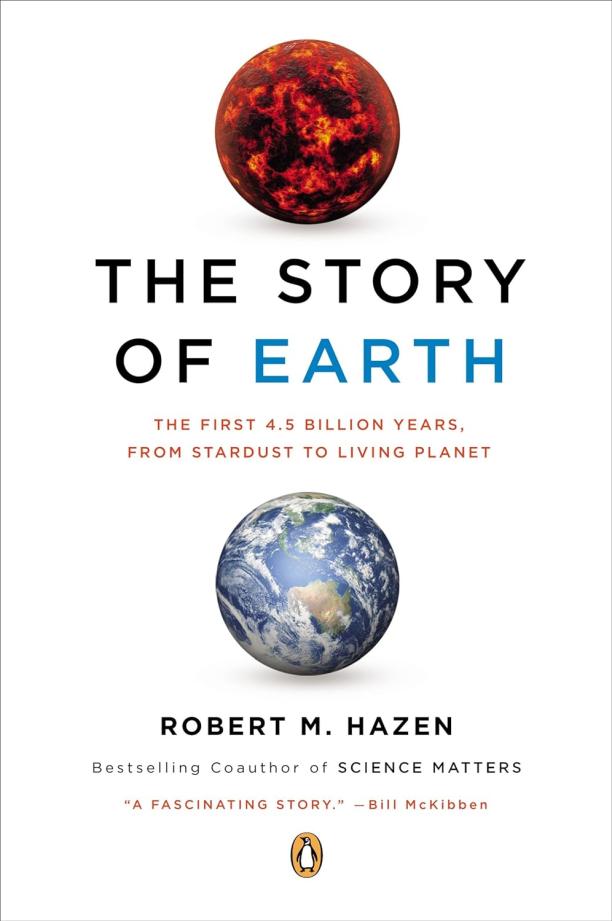
The Story of Earth
The First 4.5 Billion Years, from Stardust to Living Planet
Robert M. Hazen
The book explores the formation and evolution of Earth from the dust of dead stars to a dynamic planet teeming with life. It delves into the complex interactions between the geosphere, atmosphere, and biosphere that have shaped Earth's history and the emergence of life.
See full summary
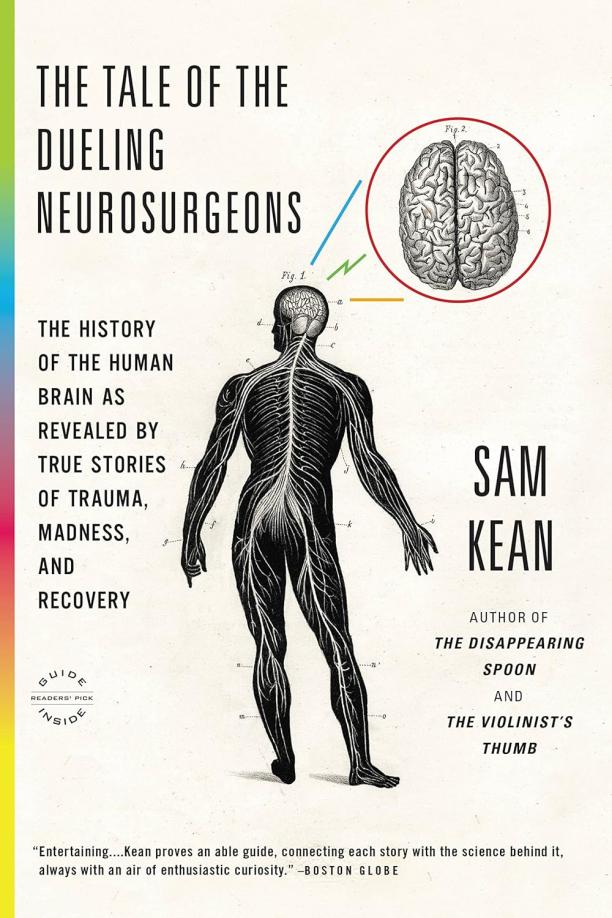
The Tale of the Dueling Neurosurgeons
The History of the Human Brain as Revealed by True Stories of Trauma, Madness, and Recovery
Sam Kean
The book delves into the history of neuroscience through engaging narratives about patients who suffered various brain injuries, revealing how these cases contributed to our understanding of the brain's structure and function. It explores the discoveries that emerged from studying these traumas, offering insights into the complexities of the human brain and the nature of consciousness.
See full summary
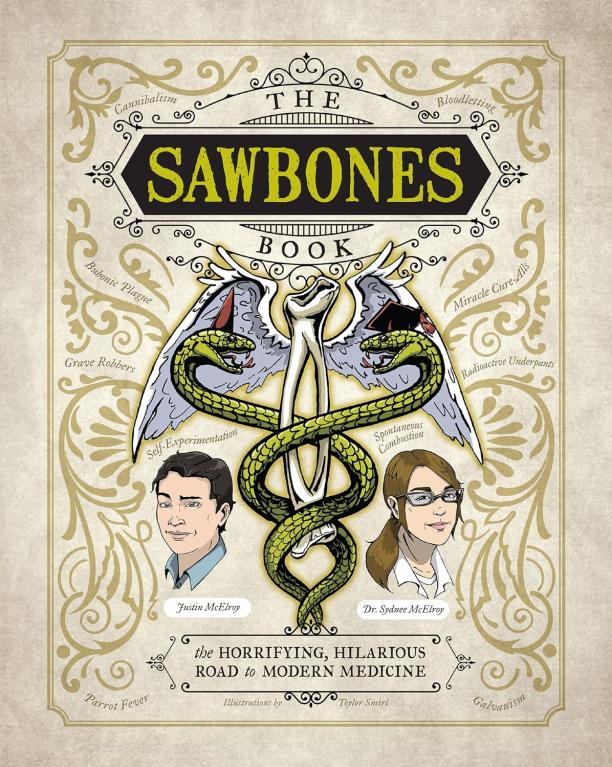
The Sawbones Book
The Hilarious, Horrifying Road to Modern Medicine
Justin McElroy|Sydnee McElroy
The book delves into the bizarre and often gruesome history of medical practices before the advent of modern science, presented with humor and wit. It covers a range of topics from trepanation and bloodletting to the use of leeches, exploring how these misguided procedures paved the way for contemporary medical techniques.
See full summary
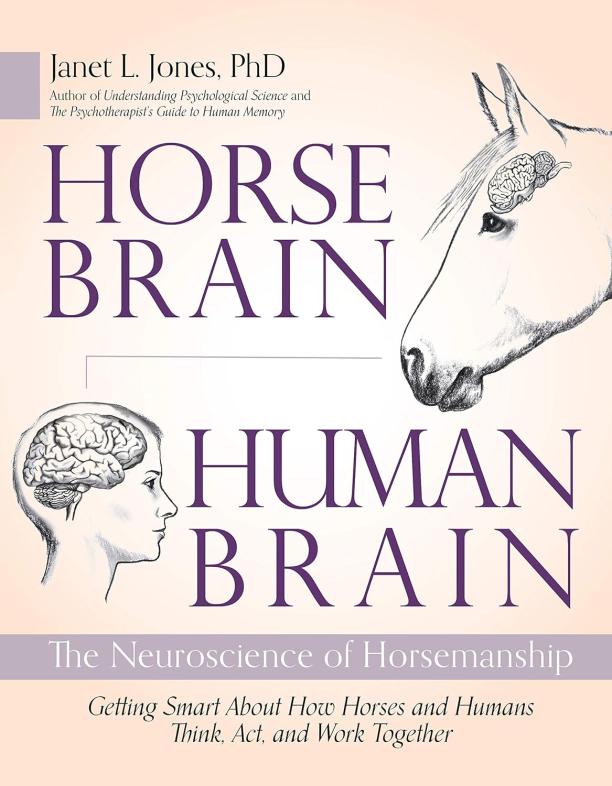
Horse Brain, Human Brain
The Neuroscience of Horsemanship
Janet L Jones
The book delves into the neuroscientific underpinnings of how horses perceive and react to the world, comparing and contrasting it with human brain function. It offers insights into effective training and handling techniques based on understanding equine sensory processing, cognition, emotion, and neurochemistry.
See full summary
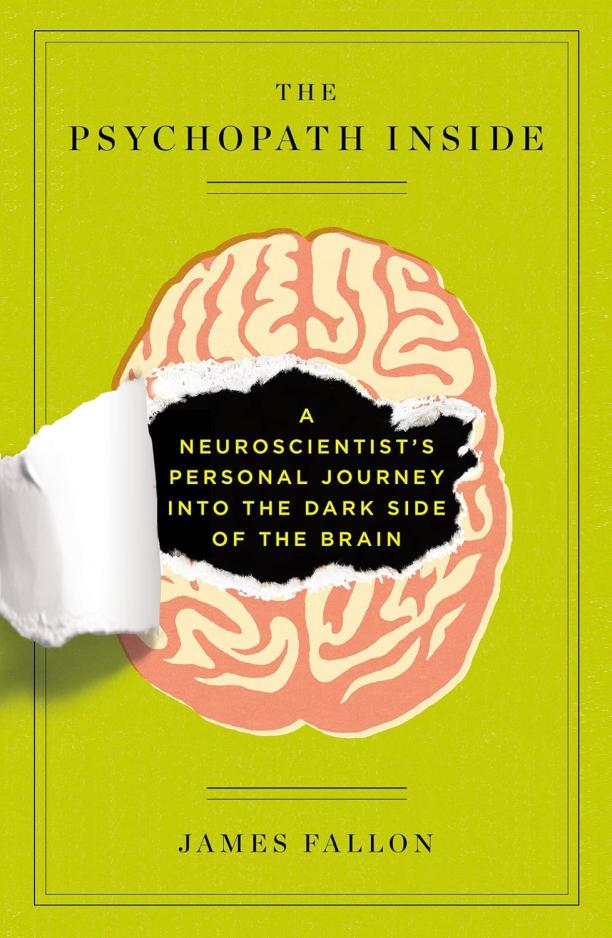
The Psychopath Inside
A Neuroscientist's Personal Journey into the Dark Side of the Brain
James H. Fallon
The book chronicles a neuroscientist's discovery that his own brain imaging patterns match those of serial killers, leading him to explore the biological underpinnings of psychopathy and its implications for understanding his personal behavior and familial history. It delves into the interplay between genetics, brain structure, and environment in shaping personality and moral decision-making.
See full summary

Werner's Nomenclature of Colours
Adapted to Zoology, Botany, Chemistry, Mineralogy, Anatomy, and the Arts
Patrick Syme
The book provides a systematic color classification with color swatches and descriptions, linking each hue to examples in nature and various disciplines. It serves as a reference for identifying colors in the natural world and in scientific contexts, with a focus on facilitating accurate communication of color information.
See full summary
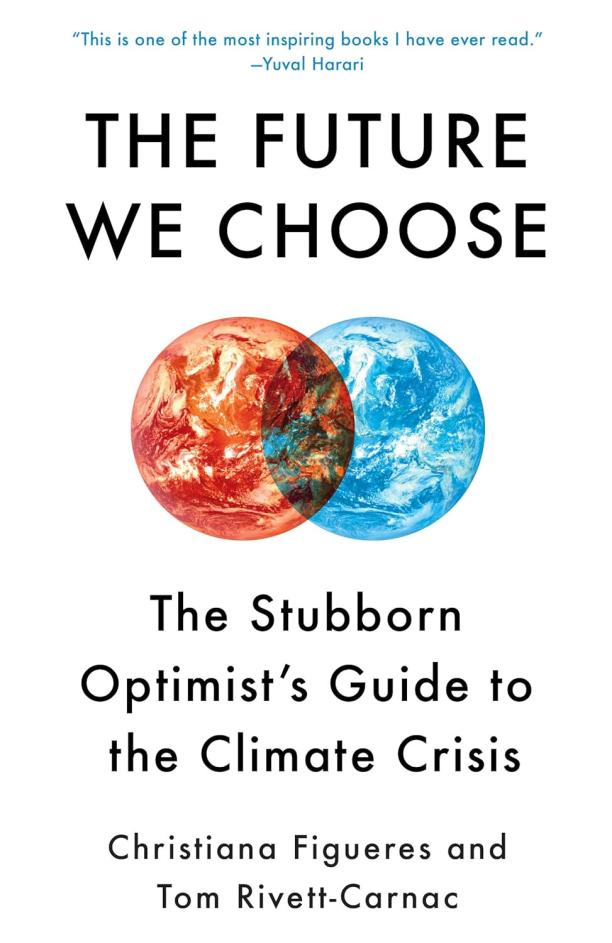
The Future We Choose
Surviving the Climate Crisis
Christiana Figueres|Tom Rivett-Carnac
The book presents two potential scenarios for the world in 2050: one where we fail to address climate change, and another where we have successfully mitigated its impacts. It outlines the urgent actions and attitudes necessary to combat climate change, emphasizing the role of individual responsibility and collective efforts in shaping a sustainable future.
See full summary

Organic Chemistry I For Dummies
Arthur Winter
The book simplifies complex organic chemistry concepts and provides a clear introduction to the subject, including explanations of the structure of organic molecules and the mechanisms of organic reactions. It also offers practical tips, practice problems, and strategies to help students understand and apply organic chemistry principles.
See full summary
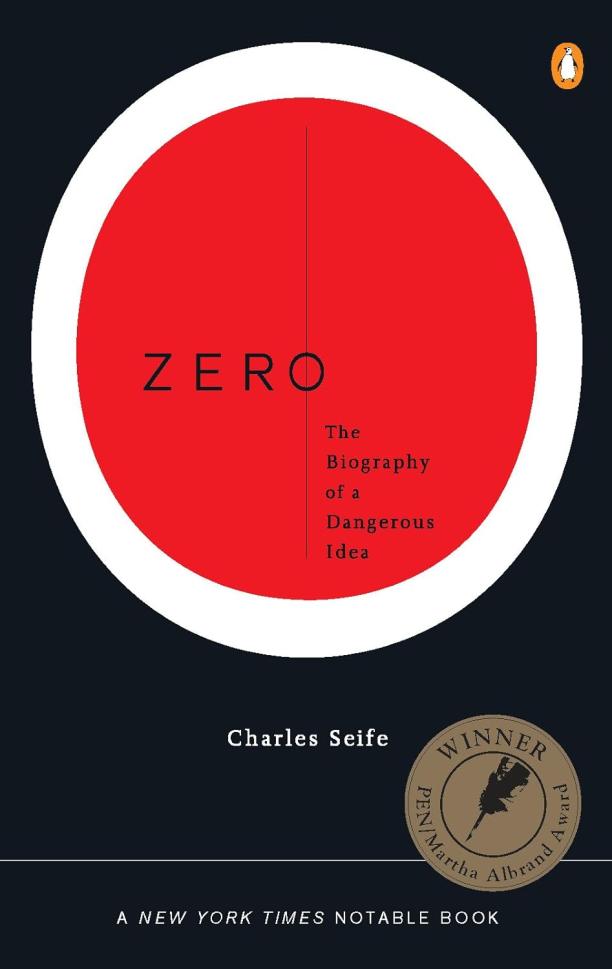
Zero
The Biography of a Dangerous Idea
Charles Seife
The book traces the history and cultural impact of the number zero, from its origins in ancient civilizations to its role in mathematics and science. It explores the philosophical and practical implications of the concept of nothingness and how it has shaped the modern world.
See full summary